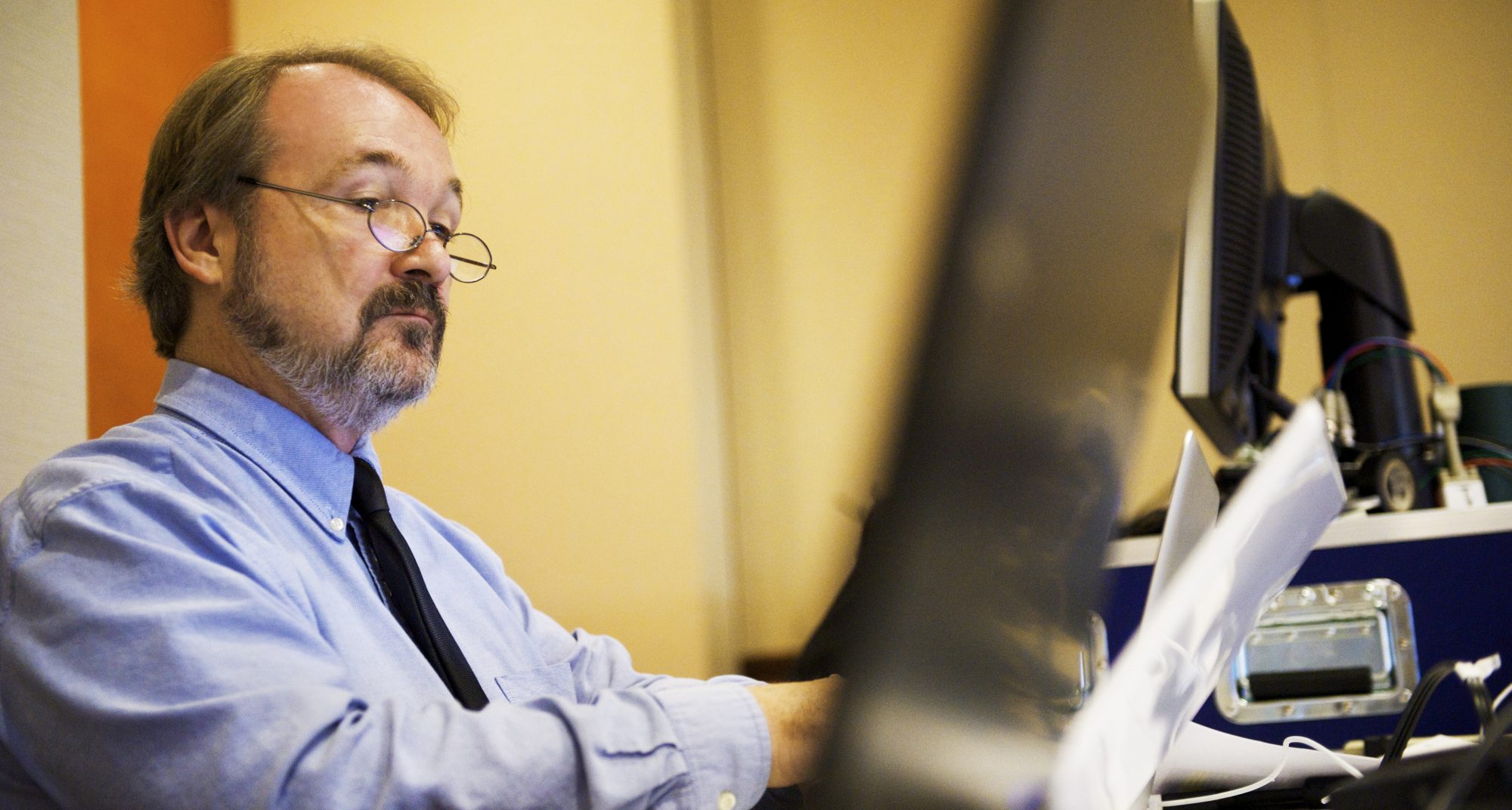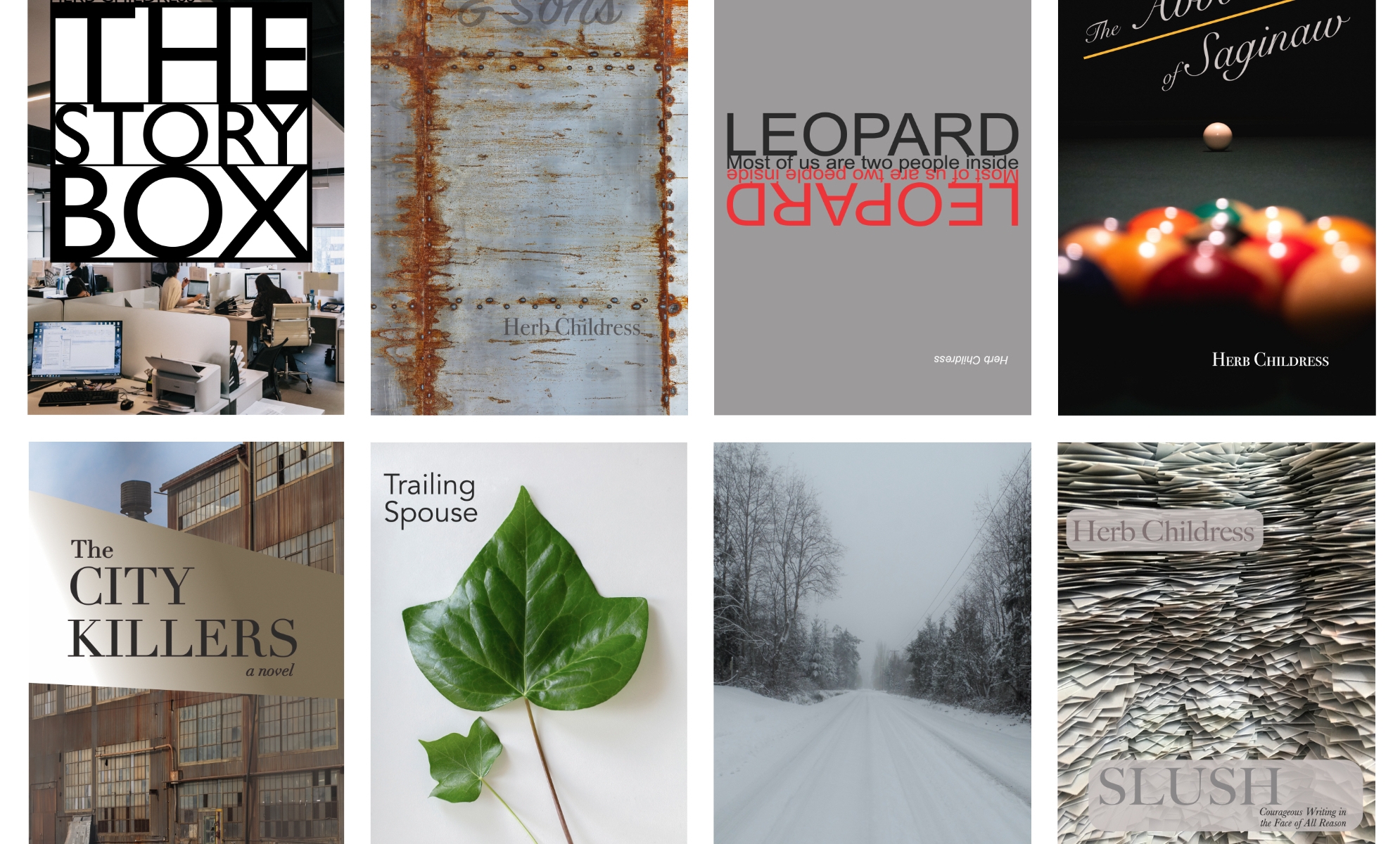It makes no sense for writers to be greedy for money. But we can absolutely be greedy for readers. —Peter Ho Davies.
Let’s define innovation as “the re-imagining of constraints.” The greatest constraint for the writer is the need for economic exchange: stories for money. That leads toward commercial publishing, links to Amazon, distribution networks, credit-card handling… all the stuff that isn’t really storytelling at all.
So let’s eliminate that constraint.
I’ve created some nicely assembled paperback versions of some of my favorite books, and all you need to do is to ask for one. Go to the “Keep in Touch” tab, give me your name and U.S. mailing address, tell me which book you want, and I’ll put one into the mail. For free.
What do you owe me? If you like the book, tell a friend about it and send them to this site. That’s all. The business model is “here’s a gift.”
More books will be added to this page as I make them available, but these are the ones that exist in the world today. I hope one of them will find its home with you.
Now, because there are a handful of bad actors out there, I have to add a disclaimer. I created and own the copyright to all of this material. I’m happy to offer it to you for your reading pleasure, but you may not adapt, modify, or make use of my writing without written consent. If you read for pleasure, you may have it for free. Just don’t try to make money by using it or selling it. That’s both illegal and rude.
FICTION
THE STORY BOX. A building is a cube of air that holds dreams. A woman taking her first steps after college. A man preferring comfort to freedom. A scientist establishing her lab. A therapist opening a private practice. Behind every door, a story.
The Story Box is a kaleidoscopic novel of four of these stories within one box, and they ways they cross one another.
FOREMAN. For Angie Torvala, the only woman road foreman in Michigan’s Upper Peninsula, some things never change. Snow. Broken equipment. Road complaints. But in the midst of that stability, some things do change.
Her daughter Esther, about to leave for college. A world that Angie never knew.
Her summer boyfriend Grant. Maybe around no longer, maybe becoming something more.
And the innumerable, quiet tragedies that an isolated winter can bring.
& SONS. Cale Barrows thought he’d escaped the farm. Through college and grad school and into faculty life, he imagined that the field corn of Renshaw, Nebraska was forever behind him. But when his father died and his sister Ray was left to farm alone, Cale was drawn back into the life of Barrows & Sons, and had to understand it a new way. Had to learn Ray and her family. Had to re-learn his girlfriend Sammi, his college career. Had to invent himself, again, just as he had by leaving the farm fifteen years before.
& Sons challenges our beliefs about family, and legacy. About responsibility, and tradition. About who we might be when everything around us is new.
TRAILING SPOUSE. From grade-school spelling to top-tier PhD, Kurt Genier had always been an academic star. But his university career failed to launch, and he followed his wife Megan to her new faculty position at a third-rung college in rural Vermont. Kurt was just a trailing spouse, far away from friends, from scholarly life, from urban diversity.
When their closest friends were deported, Kurt and Megan were called upon to serve a child they’d never met. They fought against the weight of bureaucracy and habit, defended an unfamiliar family life from those for whom different meant dangerous. Kurt had to use his intellectual gifts in an entirely new way—to move from star to servant.
Trailing Spouse shows what can happen to a child when the interests of individuals, families and cultures collide. Shows who we can be, after who we were has collapsed. Shows how far we would go to protect the future of another.
LEOPARD. David Coogan, dubbed The Leopard by his father/coach, is a senior in high school, and might be America’s best table tennis player. His endless hours in the gym, his microscopically managed nutrition, his travel and his tournaments have all separated him from everyone else in Milpitas High School, friendless and apart.
Except for Gwen Cooper. Coog and Coop, alphabetically inseparable since ninth grade. Gwen’s own ambitious parents have her on track for national competitions in math and piano. For years, Coog and Coop have recognized each other as kindreds because of the dedication they’ve each invested in their different worlds. They know the heights each other have reached, and they understand what that excellence has cost.
Just at the moment when they realize how much they love each other, the world is pulling them in opposite directions. How can they keep each other when colleges and competitions want them apart? How can they each be as great as they can be without letting go of the one person who understands what it takes to be that good?
THE CITY KILLERS. On a weary, post-work Friday, a quiet young professional stepped into to defuse a bar fight between a drunken boy and his girlfriend. It felt familiar—Tim had intervened for years in the abuse his sister had taken from her husband. He never imagined that this particular conflict, and the reporter who witnessed it, would ultimately thrust him into the love he’d denied himself for years. And into the center of the state’s biggest, and most hidden, political story.
Like much of rusted Michigan, Warrington Heights had been left to decay by its former masters of industry. Its population cut in half—half of those remaining in poverty—it was a community that thought it had endured the worst. But there was one last thing to take, as men with economic and political power attempted to erase an entire city.
The City Killers is an interwoven story of passions and cruelties, of loyalty and abandonment, of violence both random and coldly planned. A story in which lives can be shattered by drugs and abuse, or by a spreadsheet and a conference call. And a story in which friends old and new come together to defend a city from extinction. As classic as Chinatown and as contemporary as the Flint water crisis, The City Killers shows us the stories behind the news. The unseen people who exploit, and the ones who fight back.
THE ABBOT OF SAGINAW. In 1956, Robert Yoder presides over the Genesee Billiards Club, employing principles of hospitality he learned decades earlier as a Benedictine novice. The patrons of Genesee feel they’re part of an exclusive, luxurious club.
But in the space of a week, Robert’s peaceable kingdom is disrupted by an unlikely trio: his coat-check girl, his business partner, and a mysterious visitor from Cleveland. Their collective influence forces Robert from his comfortable life back to active consideration of his values and intentions, placing sacred and ancient principles in the service of a secular and modern world.
RED. A single-serving short story about a 1970’s rock ‘n’ roll musician who finds a steady but ill-fitting gig in an easy-listening television orchestra. The results are just as uncomfortable as you’d think.
MISPLACED PERSONS. A pair of short stories, about two very different people who share a common condition—inhabiting a place, and a life, that they never chose.
A FIELD GUIDE TO MEN OF THE 1970s. Four stories about Michigan in the decade when everything fell apart. Four men, from 17 to 70, who had to reinvent themselves when all the norms were left behind.
NONFICTION
SLUSH. I wrote Slush for myself in the summer and fall of 2018, to convince myself that I should keep going, and why. What is it that the act of writing does for us, whether it’s read or not? Why does this work matter to me? My answers to those questions may be useful to you; the way that you answer them—and your answers will almost certainly be somewhat different—may be even more useful.
Slush is a series of brief explorations. Where characters come from, and what we owe them. What “voice” really means. Why fame is useless but writing still matters. Why none of us will ever know, and could never know, whether we’re “any good.” And why, in the face of all of these unknowns, we should write anyway.

